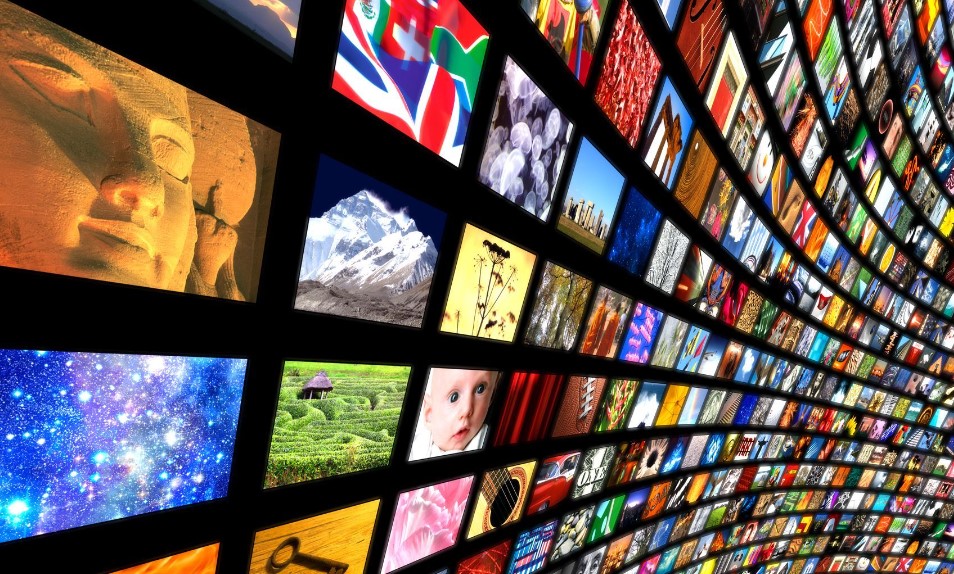As viewers shift their preferences towards on-demand content and flexible viewing options, the debate between traditional cable television and modern IPTV (Internet Protocol Television) services becomes increasingly relevant. This transition draws attention to how technology has transformed our viewing habits and the way we consume media. Abonnement IPTV has presented itself as a compelling alternative to conventional cable, promising a myriad of channels, greater accessibility, and often a more appealing price point. In this article, we will explore the differences, advantages, and potential drawbacks of both options to help you make an informed decision on your entertainment choices.
Understanding the Basics of IPTV and Traditional Cable
Before diving deeper into the comparison, it’s essential to understand the fundamentals of Abonnement IPTV and traditional cable services. Traditional cable relies on a network of coaxial cables or satellite signals to deliver content directly to your television. This method has long been the standard, providing access to a wide range of channels through a subscription model. On the other hand, IPTV services utilize internet connectivity to stream content. This enables providers to deliver a broader variety of programming and enables users to watch their favorite shows on multiple devices, including smartphones and tablets.
Advantages of Abonnement IPTV
One of the most significant benefits of Abonnement IPTV is its flexibility. With the rise of streaming technology, users can enjoy content anytime, anywhere, provided they have internet access. Additionally, many IPTV packages offer a vast selection of channels, including international programming that might not be available on traditional cable. Furthermore, features such as time-shifting, which allows viewers to catch up on missed broadcasts, can enhance the viewing experience significantly.
Cost-Effectiveness
In an age where budgeting for entertainment options is crucial, Abonnement IPTV often presents a more cost-effective solution compared to cable subscriptions. Traditional cable packages frequently come with hidden fees and charges, while many IPTV services offer straightforward pricing with no contracts. This can lead to significant savings for consumers, especially those who want to customize their viewing options without breaking the bank.
Disadvantages of IPTV
While the benefits of Abonnement IPTV are appealing, it’s important to consider potential drawbacks as well. Users may experience variable streaming quality depending on their internet speed or network congestion, which can detract from the overall viewing experience. Additionally, not all IPTV services offer reliable customer support, and some may be less legitimate than others, leading to concerns about security and content legality.
The Future of Television
Looking ahead, it’s clear that the landscape of television is evolving. As more consumers opt for Abonnement IPTV over traditional cable, providers are adapting their offerings to meet changing demands. Innovations in technology, such as 5G connectivity and improved streaming devices, will likely enhance the quality and accessibility of IPTV services, making them an even more attractive option for viewers seeking a modern entertainment solution.
User Experience and Interface
An often overlooked aspect of Abonnement IPTV is the user experience and interface design. Many IPTV platforms prioritize user-friendly interfaces, making it easier for subscribers to navigate through channels and on-demand content. Features such as searchable libraries, personalized recommendations, and intuitive menus can significantly enhance user satisfaction. In contrast, traditional cable interfaces may sometimes feel outdated and cumbersome, lacking the streamlined experience that modern viewers have come to expect. The ability to customize viewing experiences on IPTV platforms can make all the difference in maintaining viewer engagement.
Content Variety and Availability
Another critical advantage of Abonnement IPTV lies in the variety and availability of content. IPTV services often offer an extensive range of programming, including niche channels and international networks that may not be available with traditional cable. This diversity allows viewers to explore different cultures and genres, fostering a more inclusive viewing experience. Additionally, many IPTV providers offer comprehensive video-on-demand libraries, allowing subscribers to access previous episodes, movies, and documentaries whenever they wish. Traditional cable, in contrast, often limits access to recent broadcasts and may not provide as much archived content.
Device Compatibility
The flexibility of Abonnement IPTV extends beyond just content access; it also encompasses device compatibility. IPTV services are designed to work across various devices, including smart TVs, computers, smartphones, and tablets. This multi-device capability allows users to start watching a show on one device and seamlessly continue on another without interruption. Traditional cable, however, typically ties viewers to a single television set, limiting viewing options and mobility. This adaptability makes IPTV an appealing choice for the increasingly mobile lifestyle of today’s viewers, who value the ability to watch their favorite content anytime and anywhere.
Conclusion
In conclusion, both Abonnement IPTV and traditional cable offer unique advantages and disadvantages. While traditional cable has been the go-to for television entertainment for decades, IPTV is quickly gaining ground as a modern and flexible alternative. With its vast content variety, customizable viewing options, and cost-effectiveness, it’s no wonder that more people are turning to IPTV services. As technology continues to advance and providers improve their offerings, it will be interesting to see how these two options continue to evolve in the future. Ultimately, the choice between IPTV and traditional cable comes down to personal preferences and priorities when it comes to entertainment. So weigh your options carefully before deciding which one is right for you.
